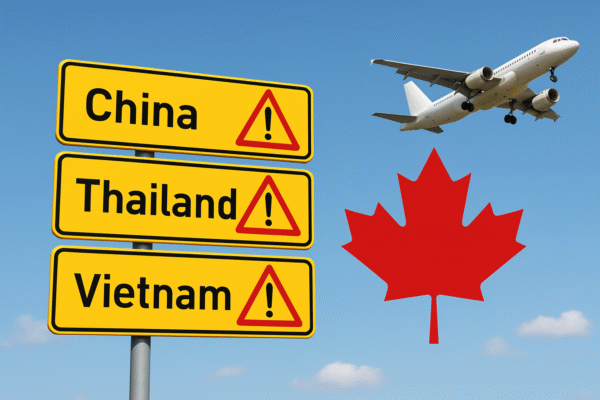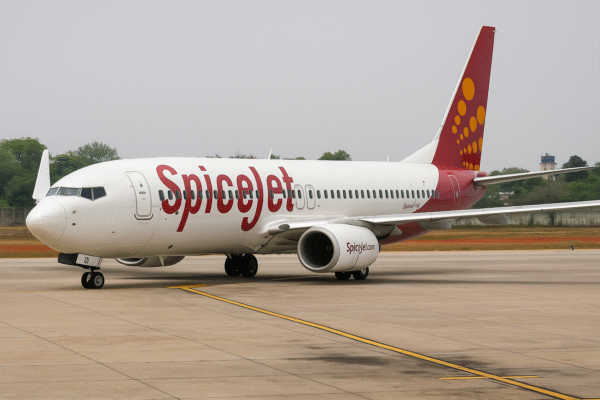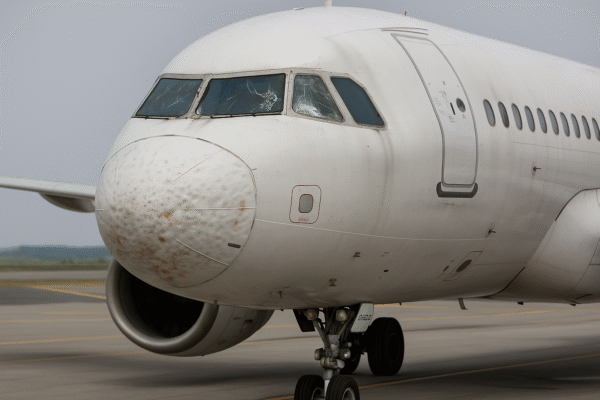India Travel Disrupted as SpiceJet SG447 Cancelled Due to Technical Faults and Sunset Limitations at Darbhanga Airport
India’s aviation sector faced fresh disruption on Saturday as SpiceJet flight SG447, scheduled to operate from Darbhanga Airport (DBR) in Bihar to Delhi (DEL), was cancelled following technical issues and strict operational limitations tied to the military-run airport’s sunset curfew. The incident underscores the growing challenges airlines face when operating out of shared military-civilian airbases and highlights operational vulnerabilities during India’s expanding domestic air travel boom.
Flight SG447 Disrupted by Mechanical Faults
SpiceJet flight SG447 was scheduled to depart at 11:40 AM on Saturday but faced mechanical complications during its initial preparation. Despite the airline deploying its technical team to resolve the issue, the aircraft could not be readied in time for departure.
To prevent excessive delay, SpiceJet arranged for a replacement aircraft to be dispatched. However, due to the sunset limitations enforced at Darbhanga Airport—which prohibit any civilian flight operations after dusk—the replacement aircraft’s delayed arrival proved costly. The airline could not obtain takeoff clearance before the regulated sunset deadline, resulting in the flight’s outright cancellation.
Darbhanga Airport’s Military Constraints
Darbhanga Airport, although used for commercial operations, remains under the control of the Indian Air Force. As such, it operates under stringent military regulations that do not permit takeoffs or landings after sunset—a policy aimed at ensuring the secure and efficient coordination of both defense and civilian operations.
These restrictions have posed recurring operational challenges for airlines like SpiceJet, which operate daily flights connecting Darbhanga to key Indian metros. The lack of runway lighting and limited civilian infrastructure contributes to flight timing inflexibility, particularly in cases where mechanical delays occur.
Passengers Left Stranded, Sunday Flight Offered
The cancellation left passengers stranded for several hours. Many had already endured prolonged waiting times during the initial delay and were later informed that no alternative flight would be available until Sunday.
SpiceJet issued a statement apologizing for the inconvenience, confirming that an alternate flight was scheduled for Sunday to accommodate affected passengers. The airline emphasized its commitment to ensuring safety while mitigating delays caused by external factors.
According to the Directorate General of Civil Aviation (DGCA), India’s regulatory body, airports like Darbhanga are subject to restrictions due to their military status and lack of full-fledged civilian terminal infrastructure. While the Ministry of Civil Aviation has plans to expand Darbhanga’s capabilities under the UDAN regional connectivity scheme, sunset restrictions remain firmly in place for now.
A Pattern of Operational Hurdles
This latest disruption follows a series of incidents that have put SpiceJet under the spotlight. Earlier this week, SpiceJet flight SG9282 from Delhi to Mumbai experienced an onboard disturbance when two passengers attempted to enter the cockpit while the plane was taxiing. The captain promptly returned the aircraft to the gate, and the disruptive passengers were handed over to security personnel.
The airline has since reiterated its zero-tolerance policy for disruptive behavior, affirming that crew members are trained to respond swiftly to onboard threats or violations of protocol.
Complex Regulatory Landscape for Indian Carriers
These back-to-back incidents illustrate the complex operational environment in India’s aviation sector. Airlines like SpiceJet must navigate a labyrinth of regulatory constraints, weather-related delays, technical malfunctions, and increasingly unpredictable passenger behavior.
Flights at dual-use airbases such as Darbhanga, Gorakhpur, and Bareilly often face challenges like lack of night operations, limited ATC (Air Traffic Control) hours, and minimal parking bays. According to the Airports Authority of India (AAI), only 14% of India’s regional airports are currently equipped for 24×7 civilian operations.
Passenger Rights and Airline Communication
While delays and cancellations are often unavoidable, aviation experts say better communication and compensation policies can help ease passenger frustration. The DGCA mandates that airlines provide refreshments, alternate bookings, or full refunds in case of cancellations attributable to the carrier.
SpiceJet has stated it followed these protocols, offering passengers the choice of rebooking on the next available flight or receiving a full refund.
Future Prospects for Darbhanga and Regional Connectivity
Darbhanga Airport has seen a dramatic increase in footfall since commercial operations began in 2020 under the UDAN scheme. According to government data, the airport handled over 600,000 passengers in FY 2024, and further expansion is underway, including plans for a new terminal building and enhanced runway infrastructure.
However, until full civilian control is granted or extended operational hours are allowed, airlines will remain limited by time-based restrictions.
Conclusion: A Wake-Up Call for Infrastructure Reforms
The cancellation of SpiceJet SG447 is not merely an isolated incident but rather a symptom of deeper issues affecting India’s Tier-2 and Tier-3 aviation hubs. As India’s domestic air traffic continues to surge post-pandemic, bottlenecks like infrastructure limitations and regulatory conflicts will require urgent attention from the Ministry of Civil Aviation and AAI.
For now, passengers are reminded to check flight status regularly and understand airport-specific restrictions when flying from regional hubs like Darbhanga. Meanwhile, SpiceJet’s incident serves as a reminder of the need for operational agility and enhanced passenger communication in India’s rapidly evolving aviation landscape.
For more travel news like this, keep reading Global Travel Wire





















